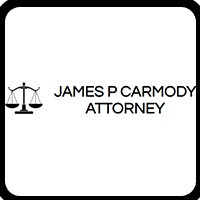Bluefield Divorce & Family Law Lawyer, Virginia
James P Carmody
✓ VERIFIEDBankruptcy, Family Law, Credit & Debt
Since 1976, Mr. Carmody has provided outstanding legal services for bankruptcy, divorce, custody issues, and adoption proceedings to clients in the gr... (more)
Andrew Thurman Scruggs
Lawsuit & Dispute, Government, Divorce & Family Law, Criminal
Status: In Good Standing
Chase Duane Collins
Government, Divorce, Divorce & Family Law, Criminal, Motor Vehicle
Status: In Good Standing
Robert Maurice Galumbeck
Accident & Injury, Divorce, DUI-DWI, Criminal, Personal Injury
Status: In Good Standing


